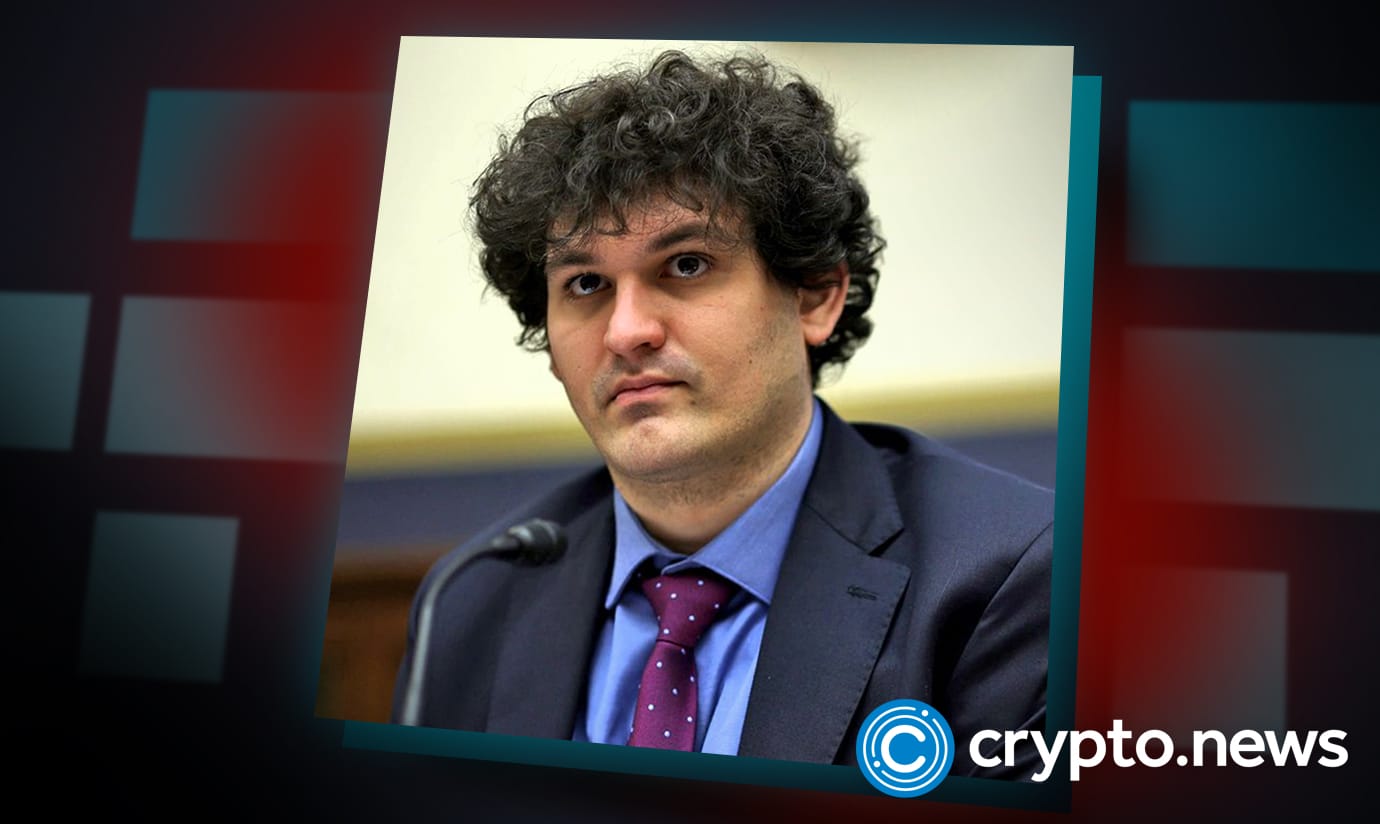
Bankrupt crypto lender BlockFi is suing Sam Bankman-Fried to recover shares in Robinhood that the founder of FTX is believed to have offered as collateral just days before the collapse of his exchange.
On Monday, the complaint was filed just hours after BlockFi sought bankruptcy protection due to “a serious liquidity shortage” brought on by the collapse of Bankman-FTX Fried’s exchange.
Bankman-Emergent Fried’s Fidelity Technologies was the focus of BlockFi’s case, which was lodged in the same New Jersey court where it first filed for bankruptcy protection. BlockFi asked that it turn over an undetermined amount of collateral.
According to loan paperwork from the Financial Times, Bankman-ownership Fried’s interest in online trading firm Robinhood serves as the subject collateral. His investment in Robinhood earlier this year was 7.6%.
The argument highlights the intricate relationships between crypto ventures and the tortuous untangling process just getting started as bankruptcy attorneys sort through the remains of FTX and other companies affected by its failure.
This year, the cryptocurrency market saw a severe crisis of confidence that sent prices of tokens like bitcoin and Ethereum to their lowest levels since 2020. As a result, the industry experienced a string of rippling bankruptcies.
In June, Bankman-Fried positioned himself as a savior for faltering cryptocurrency projects. He handed BlockFi emergency financing in exchange for the possibility of purchasing the lender at a fire sale price.
On the other hand, BlockFi claimed on Monday that its connection to Bankman-Fried was ultimately the cause of its demise, pointing out that his Alameda Research trading company had defaulted on $680 million in collateralized loans in early November.
According to BlockFi’s complaint, Emergent and it entered into an agreement around the same time on November 9 to guarantee the repayment obligations of an unnamed borrower by pledging some “common stock” as collateral. The borrower is identified in legal documents that are a part of the case as Alameda.
SBF pledged ownership in the internet trading company as collateral for a loan
The conflict is evidence of the tremendous pressure on Bankman-Fried, whose paper fortune vanished almost instantly with the fall of his $32 billion FTX empire. Authorities have opened investigations in the US and the Bahamas, where FTX had its headquarters.
Bankman-Fried had been scrambling to secure new finance worth billions of dollars in the days before FTX declared bankruptcy on November 11. He included his Robinhood shares as an asset in spreadsheets he distributed to investors.
The FT revealed earlier in November that Bankman-Fried had been secretly seeking to sell the Robinhood shares throughout the days preceding FTX’s bankruptcy filing on November 11. She used the secure messaging software Signal to do this.
According to two people who knew the situation, Bankman-Fried had been in talks to sell his Robinhood shares even after signing the commitment agreement.
Bankman-Fried was still negotiating those deals on the evening of November 10, according to messages seen by the FT.
Along with identifying ED&F Man Capital Markets as Emergent’s broker, BlockFi said in the lawsuit that the London-based brokerage had “refused to deliver the Collateral to BlockFi.”
Legal correspondence with the complaint reveals that in the FTX proceedings in Delaware, ED&F Man had refused to transfer the assets “without an order from the Bankruptcy Court.”
Requests for comment from BlockFi and Bankman-Fried were not promptly fulfilled. Beyond the letters shown in the pleadings, ED&F Man refuses to comment.
This article first appeared at crypto.news

